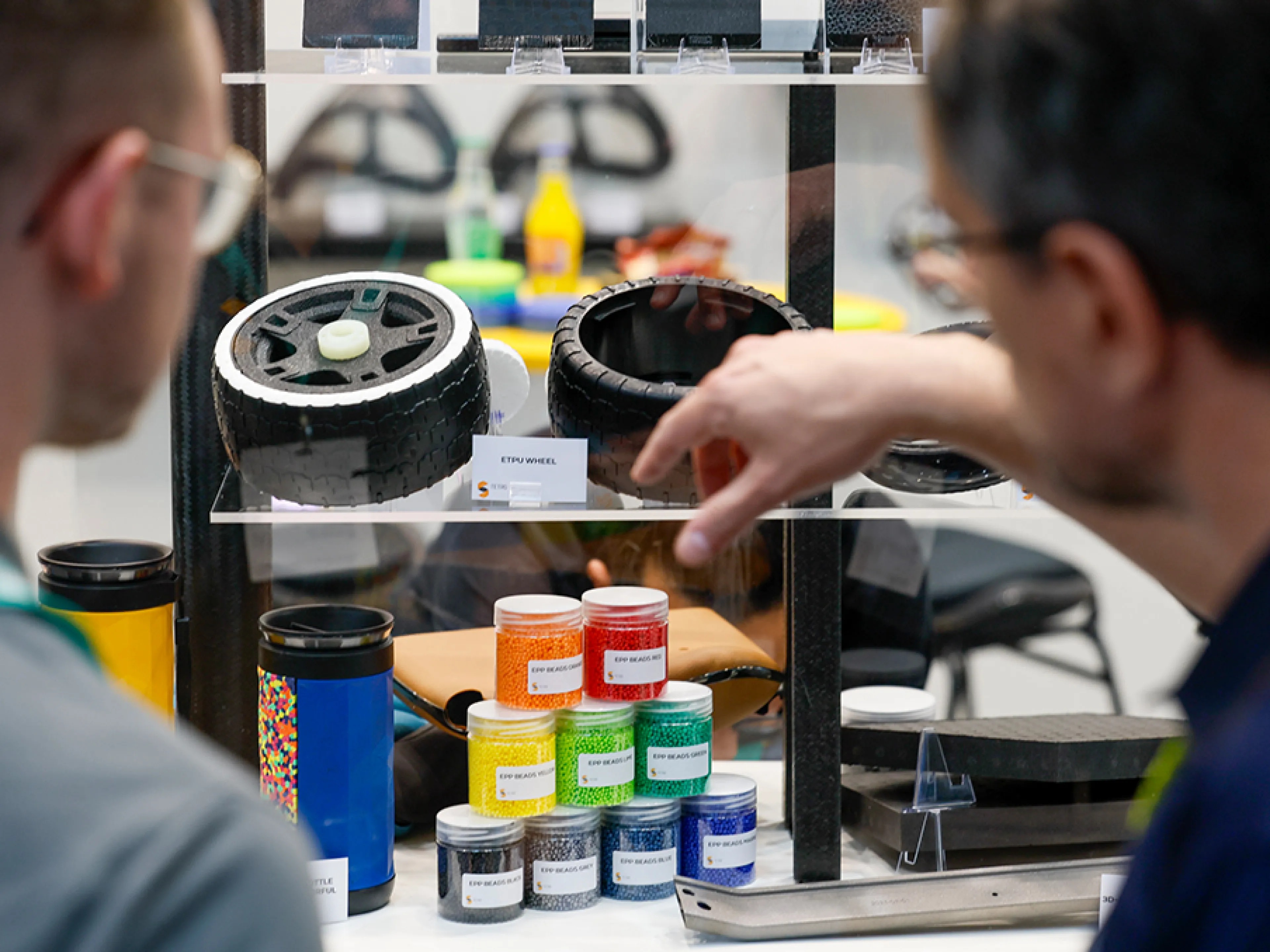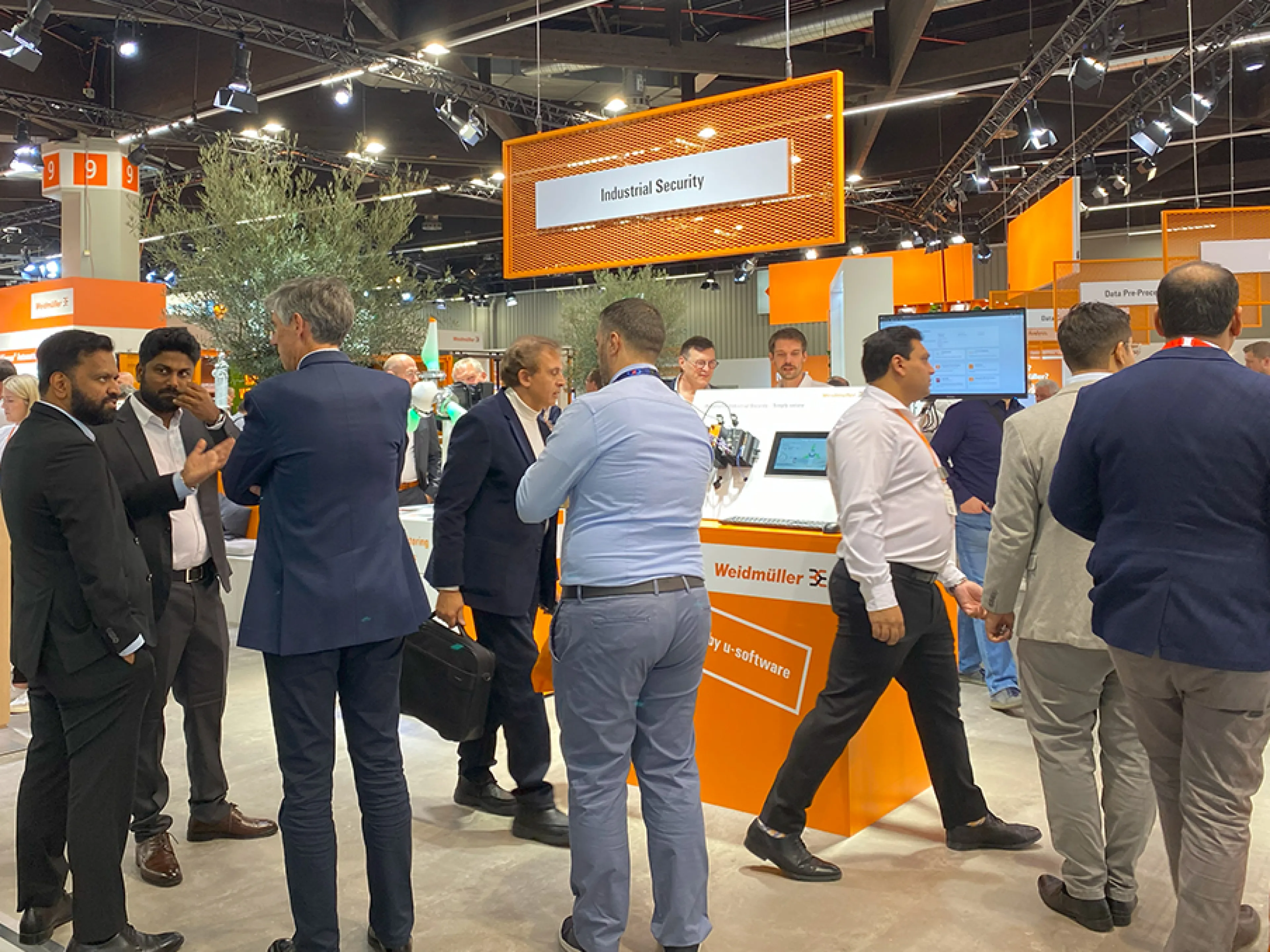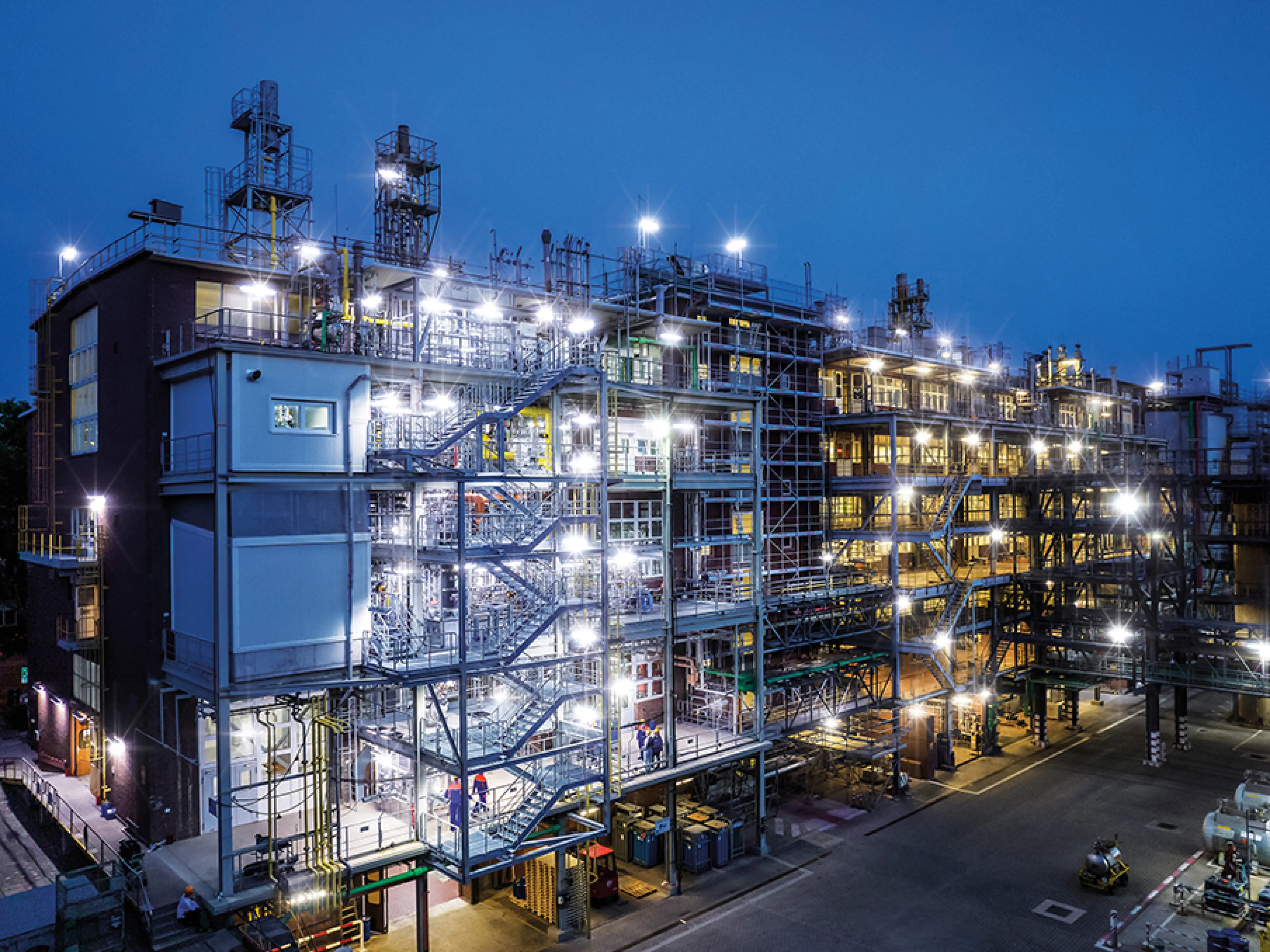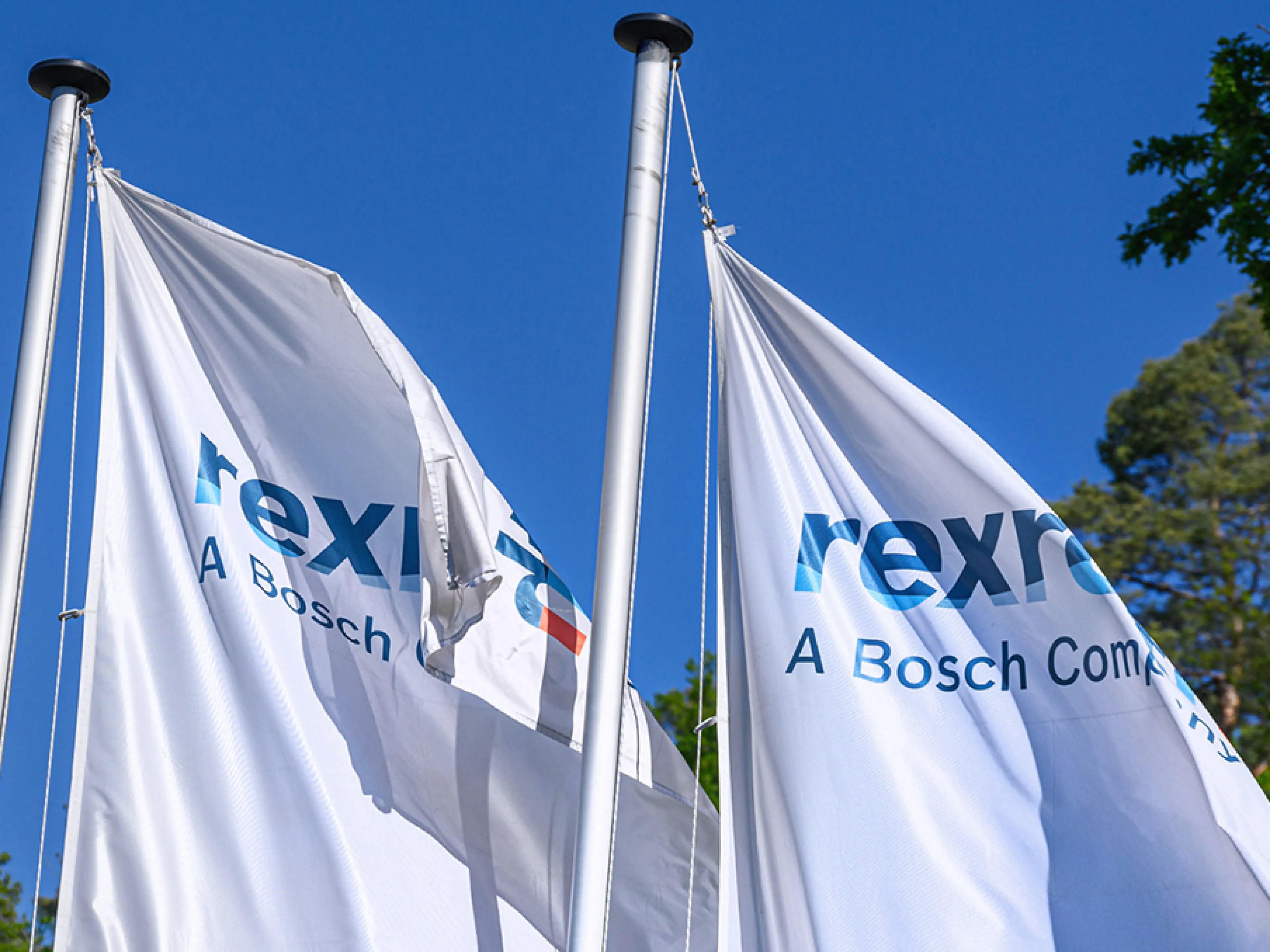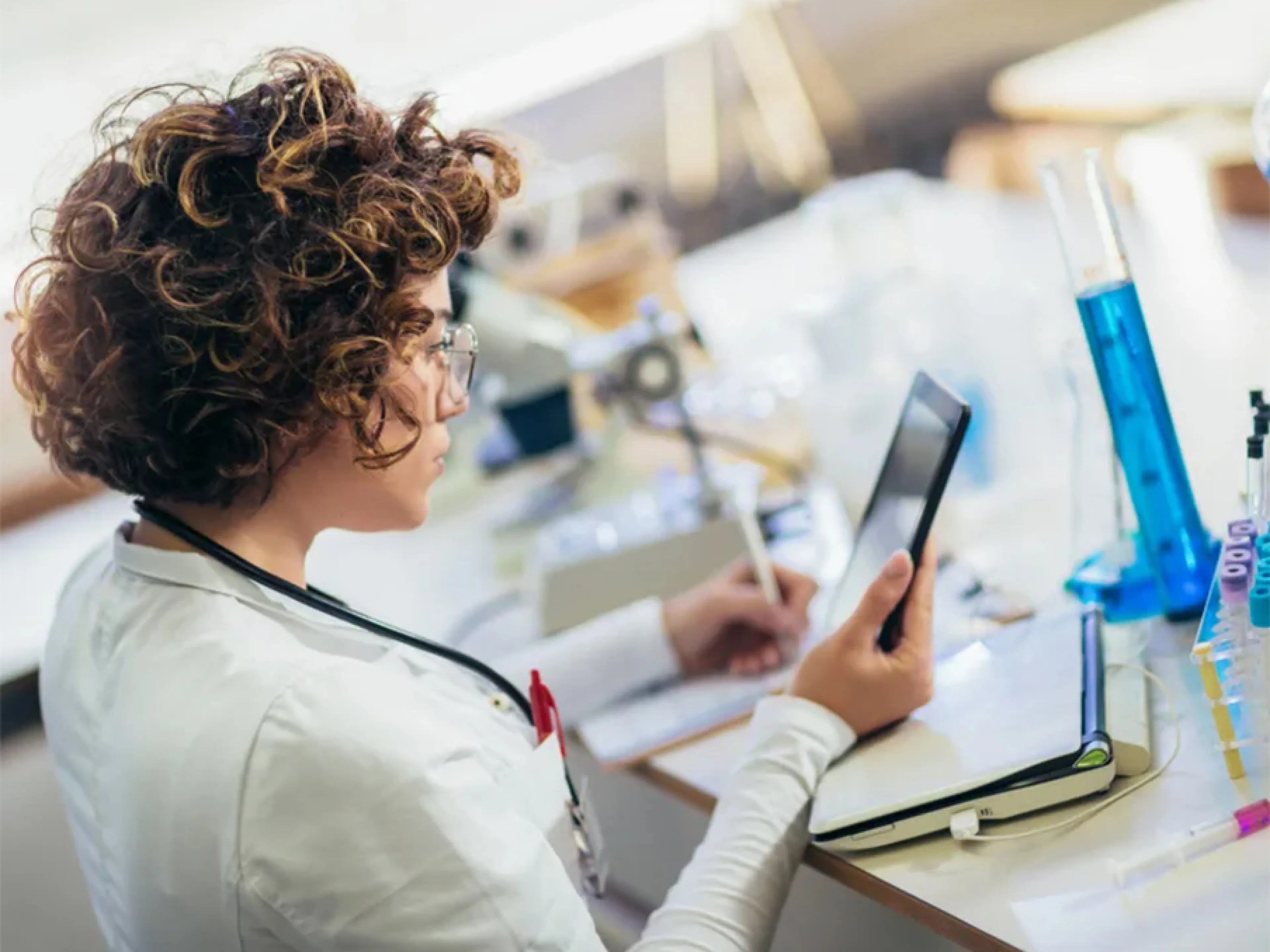
K 2025, to be held in Düsseldorf from 8 to 15 October, has set itself the task of addressing the key challenges of our time and presenting concrete solutions. This is also reflected in its key topics. One of them is “Embracing Digitalization”. The plastics industry worldwide is facing major economic and regulatory upheavals. Increasing competitive pressure, stricter environmental regulations and higher requirements for recycling management are increasing the pressure to innovate. The advance of digitalization offers new possibilities for more efficient and sustainable production. Automated processes, data-based control systems and intelligent networking are already making it easier for many companies to adapt to stricter regulations. Artificial intelligence is considered a decisive milestone in this process.
Digital key technologies: networking and IoT at K 2025
The digital control and networking of machines is the basis for new technologies. “In plastics machinery construction automation has already been ongoing for over 40 years. Now nearly all go one step further and bank on digitalisation,” says Ulrich Reifenhäuser, Chairman of the Advisory Board at K in Düsseldorf. Cyber-physical systems (CPS) and the Internet of Things (IoT) can capture production data seamlessly and evaluate it in real time. Sensors monitor temperature, flow rate or cavity pressures, for example, and transmit the values to cloud applications. OPC UA is an important communication standard that enables secure and cross-vendor data exchange.
The increasing volume of data raises questions about data usage. According to industry associations, the so-called 'EU Data Act' has now provided clarity in this regard. The new data law requires machine manufacturers to make the data generated during operation available to the machine user in a simple and understandable form that is machine-readable. At the same time, the focus is on predictive maintenance, because real-time analyses can detect deviations at an early stage and reduce unplanned downtime.
K 2025: AI and digitalization as game changers for the circular economy
AI gives digital processes a new dynamic by using self-learning algorithms to analyze large amounts of data and flexibly optimize processes. “AI and digitalisation are game changers for the circular economy of plastics. Fully automated manufacturing processes, digital product passports and simulations make for optimised workflows and help save resources across the complete value chain,” says Dr. Alexander Kronimus, Deputy Managing Director at Plastics Europe Deutschland.
In addition, machine learning accelerates development cycles and improves process control. Digital twins provide a virtual representation of real production lines and deliver structured information on overall machine utilization. They also offer the option of storing machine data and information in a structured and machine-readable way over the entire lifecycle. Digital twins should also meet the requirements of the digital product passport, or DPP for short. This will be introduced with the EU Ecodesign Regulation, which comes into force in July 2024. These virtual representations of real production plants accelerate development phases and facilitate maintenance strategies.
Optical quality control & AI-supported sorting
In the area of quality assurance, camera systems and AI-based image processing support the production processes. They detect shape deviations, surface defects or material impurities during production and ensure a consistent level of quality. These technologies enable early defect detection, which reduces scrap and ensures more efficient use of resources.
In the wake of stricter environmental regulations and growing customer demands, the recyclability of plastics is also coming into focus. AI-supported sorting systems with near-infrared (NIR) sensor technology identify different types of plastic, separate high-quality recyclates from impurities, and improve recycling quality. This increases the recycling rate and helps to implement regulatory requirements.
Digital systems are also closely linked to the DPP, which provides comprehensive information on the raw materials used, the production processes and the recycling routes. These technologies help companies to establish closed material loops, reduce their environmental impact and meet the requirements of the ESPR.
Summary & outlook
Digitization is proving to be a catalyst for a more sustainable and efficient plastics industry. Networked production systems enable real-time optimization, reducing scrap rates and allowing market fluctuations to be absorbed more effectively. At the same time, new business models can be developed, for example through digital platforms and maintenance services. However, financing will play a major role in this. According to the Leibniz Centre for European Economic Research (ZEW), the plastics industry's innovation expenditure is €2.2 billion, which is only 1.65 percent of the innovation expenditure of the manufacturing industry as a whole. At the same time, the ZEW points out that 63 percent of companies in the industry implement product or process innovations, which is above the manufacturing industry average of 57 percent. These figures make it clear that the will to innovate is there. However, financial and human resources are needed to consistently implement digitization projects.
K 2025 brings digitization into focus for the plastics industry
The enormous potential that digitalization offers for the plastics industry will be on display at K 2025, both at the more than 3,000 exhibitor stands and in the various special shows, which will also discuss the challenges, especially the official K special show “Plastics Shape the Future”, organized by PlasticsEurope Deutschland and the VDMA Forum.


